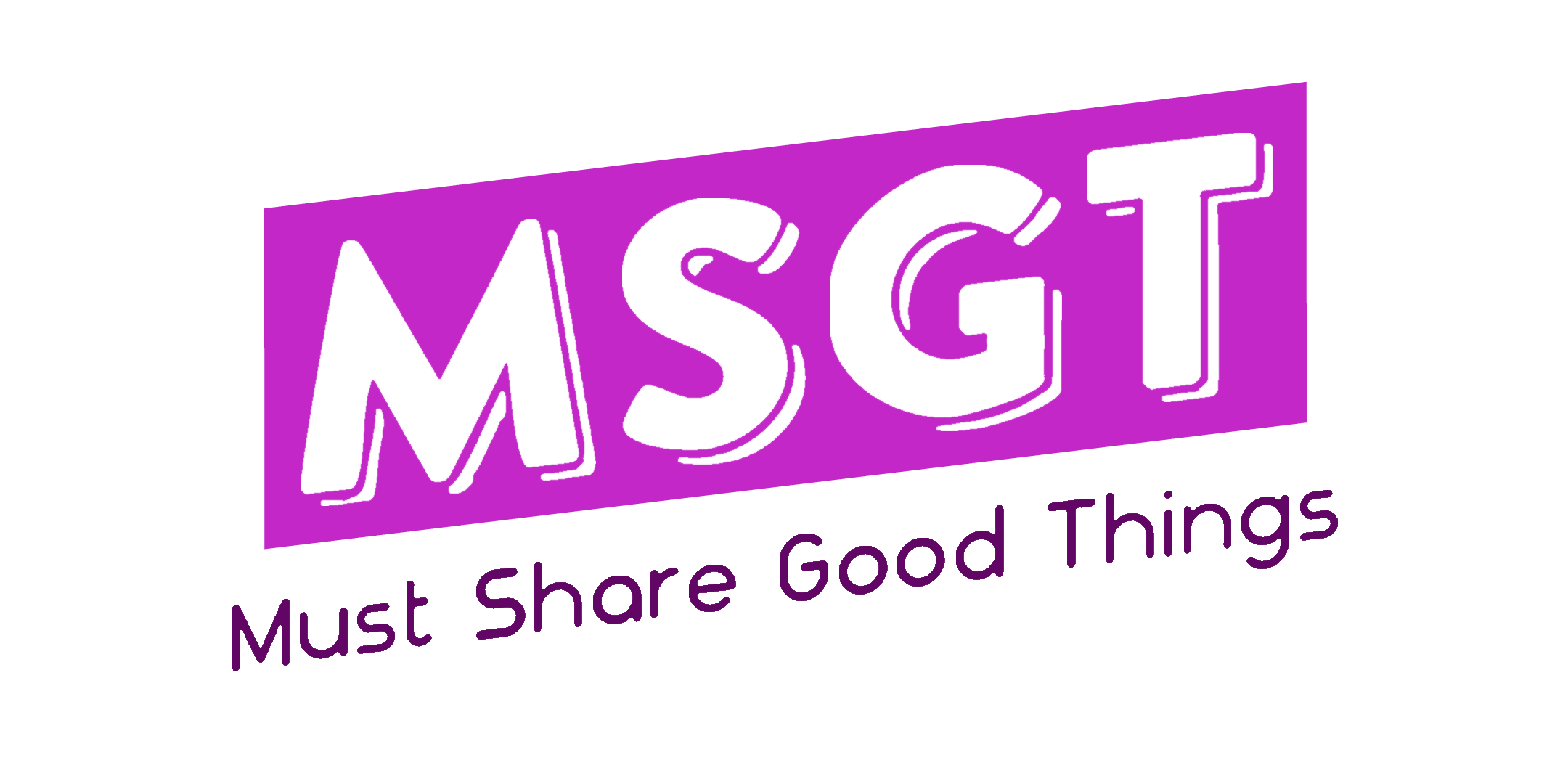People around the world are suffering inflation at levels not seen in many years as the cost of basic necessities like food, heating, transportation, and rise of housings. Even while a peak may be in the offing, things could yet become worse.
So how did we get here? Two simple words: War and Pandemic.
After COVID-19 struck, a protracted and comfortable period of low interest rates and little inflation quickly came to an end as governments and central banks provided trillions of dollars in assistance to keep locked-down firms and consumers afloat.
That lifeline prevented employees from lining up for unemployment benefits, firms from failing, and home prices from plummeting. But it also threw supply and demand completely off balance.
By 2021, the pandemic widen the income distribution worldwide as the global trading system had become too large due to the end of lockdowns and the strongest post-recession growth rate in 80 years. If that wasn’t enough, Russia invaded Ukraine in February and Western sanctions on the major oil and gas exporter sent fuel prices yet higher.
Such inflation affects those with low incomes, has widened disparities across the globe. While more affluent customers can rely on reserves amassed during pandemic lockdowns, others struggle to make ends meet, and more of them turn to food banks.
How could we prepare for a recession?
1. Prepare a financial plan
As far as a recession seems like bad news, all we can do is try to prepare ourselves for the worst. Whether the economy is surging or stalling, it’s important to have enough money set aside so you can still pay your monthly bills in the event of an unexpected job loss or other emergency. Your monthly budget is a good place to start because you can see how much money you’re spending each month, and on what. Perhaps you could ask yourself the different ways you can reduce your outflow could potential save you from troubles to come.
2. Updating your resume
Although this could seem redundant, updating your resume is fairly essential. With the layoffs that is currently occurring through the tech and media industry, it would be better to be safe than sorry. It isn’t uncommon that unemployment could occur during the recession therefore, it could be a way to increase job security.
3. Putting aside an emergency fund
Having a financial cushion amid a job loss would be beneficial. Besides, an emergency fund could hatch against unforeseeable situations. While most experts have generally advised that you have three to six months’ worth of living expenses set aside, you may wish to increase this amount so that you have up to eight to twelve months’ worth. As there is a greater likelihood that you will need to rely on your savings during a recession, having more of it can be extremely beneficial.
The final conclusion is that it’s worthwhile modifying your budget if you feel exposed to what a recession may mean for your financial stability so that you may develop a cushion to withstand a potential job loss.
–












